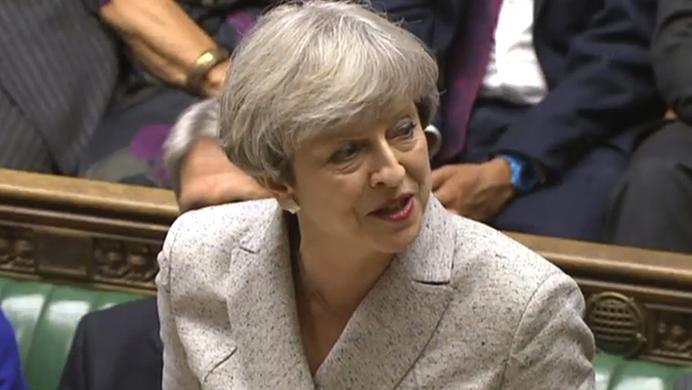The British Green Party did what American third-parties couldn’t and threw their power behind a main candidate, making all the difference.
By Dot Armstrong
This column surprised me in numerous ways. I am neither writing about President Trump’s withdrawal from the Paris climate accord nor am I discussing the foment around James Comey’s testimony. I postponed a local piece because of logistics. Disregarding certain pressing issues in our own country, I peered across the pond for another look at the “snap election” instigated by British Prime Minister Theresa May on June 8.
Surprises awaited me still. At first, I pitched the column as “Scotland’s assistance in resisting Theresa May.” Turns out I overheard a conversation wrong — in fact, it was the Green Party that ended up providing critical mass for the Labour Party and upending May’s victorious majority. May is seeking a quick fix from the DUP, a Northern Ireland regional party that happens to be against abortion and LGBT rights. Another, nastier, surprise. Not exactly the smartest choice, Theresa. But that’s beside the point. I was most curious about what occurred prior to May’s frantic handshake with the DUP crew.
Back to June 8. The election, called by May to prove her power, presented a startling overturn of conservative certainty. Surprises abounded for Britain as well. A huge force of young voters (ages 18-24) turned out to support the Labour Party. A survey in the Independent claimed two-thirds of voters aged 18-24 and over half of voters ages 25-34 sided with Labour. NBC coverage of the election stated the voter turnout was 68.7 percent. Jeremy Corbyn, rising Labour Party candidate, garnered immense support from an invigorated base.
And here’s the twist: even the Greens took a fall for Corbyn’s anti-Tory agenda. Faced with the usual choice special-interest parties must confront, the Greens made an unusual sacrifice. They could either have pursued their specific interests without concern for seismic shifts occurring in other, larger parties, or they could have joined forces with a larger cause.
In most elections Americans remember, the Greens (and independents, libertarians) siphoned off quantities of votes otherwise destined to demonstrate the actual opinions of the entire voting public. Americans know the real election happens between Republicans and Democrats — all other parties simply get in the way of the implicit two-party system. Such a deceptive dynamic only leads to democratic distraction or patent escapism. Britain, alternately, offered a beautiful example of how an explicit two-party contest works.
Conditions were reminiscent of last November. As in our recent presidential election, younger voters came out in droves. As in our recent presidential election, the race was nail-bitingly close, and the outcome gave many folks quite a shock. Unlike in our presidential election, smaller parties capitulated. Our Greens weren’t so forward-thinking. Over here, Jill Stein remained unconcerned — she was too busy colluding with the Russians and asking for a recount, after all.
In Britain, things played out a bit better. May’s premiership proved so dysfunctional that the Green Party committed hara-kiri to help Corbyn’s left-leaning agenda gain traction. Unlike in American elections, the Greens nobly lent their precious voter blood to a candidate better suited to lead their country. This is not to say Britain has gotten things figured out — Brexit will be a crucible, if not a catastrophe — but at least there’s hope for political compromises in the face of ineffectual leadership.










